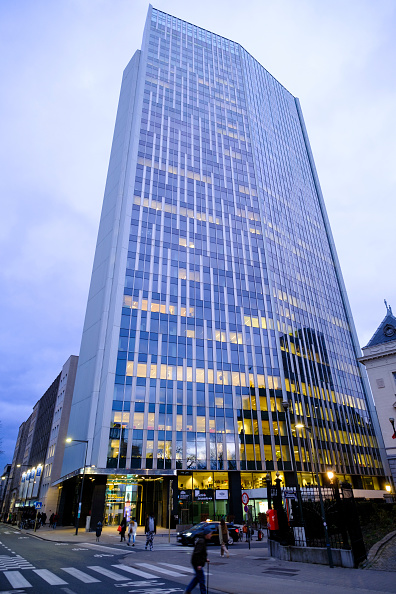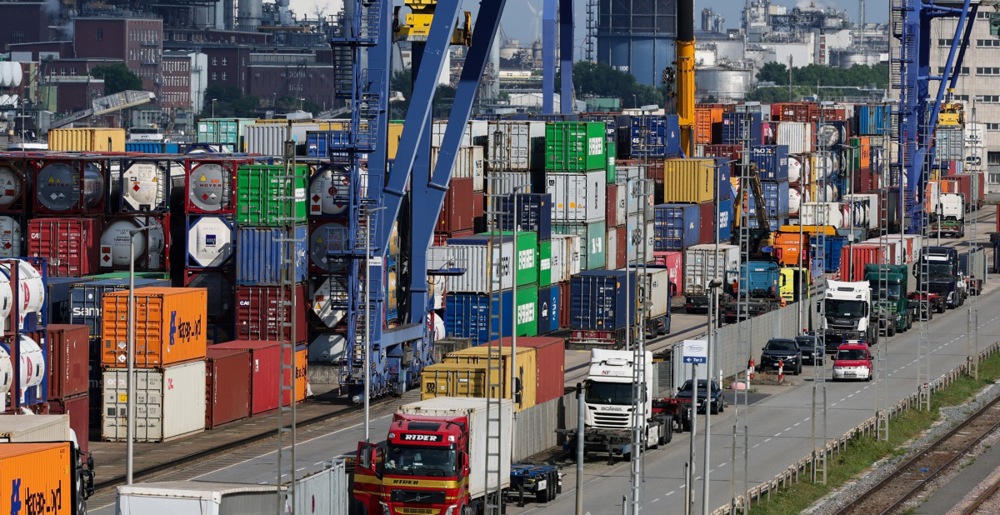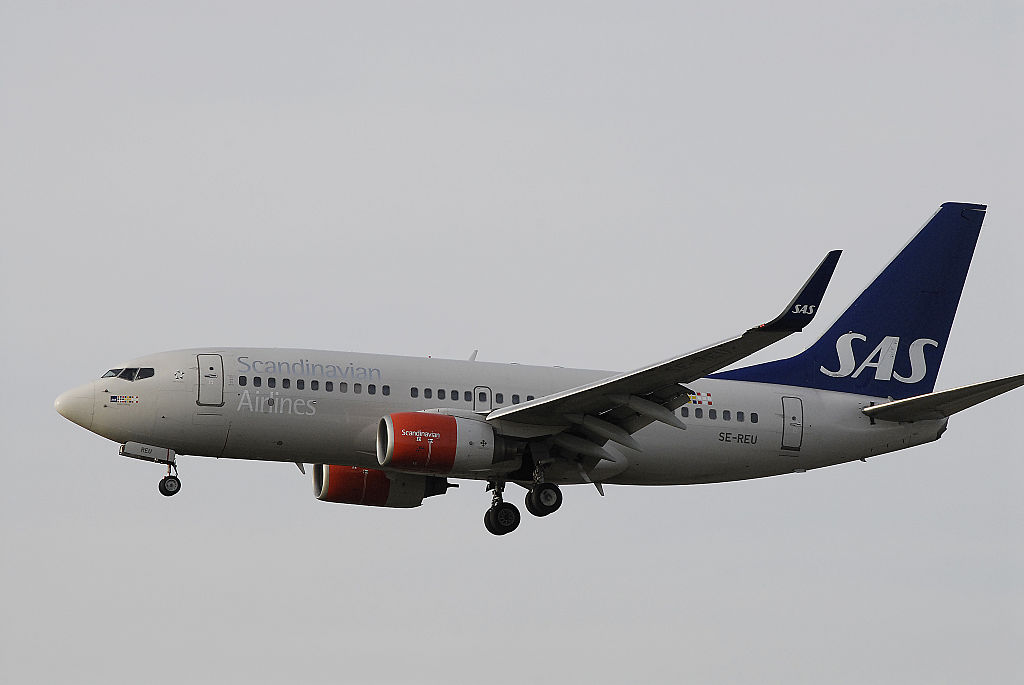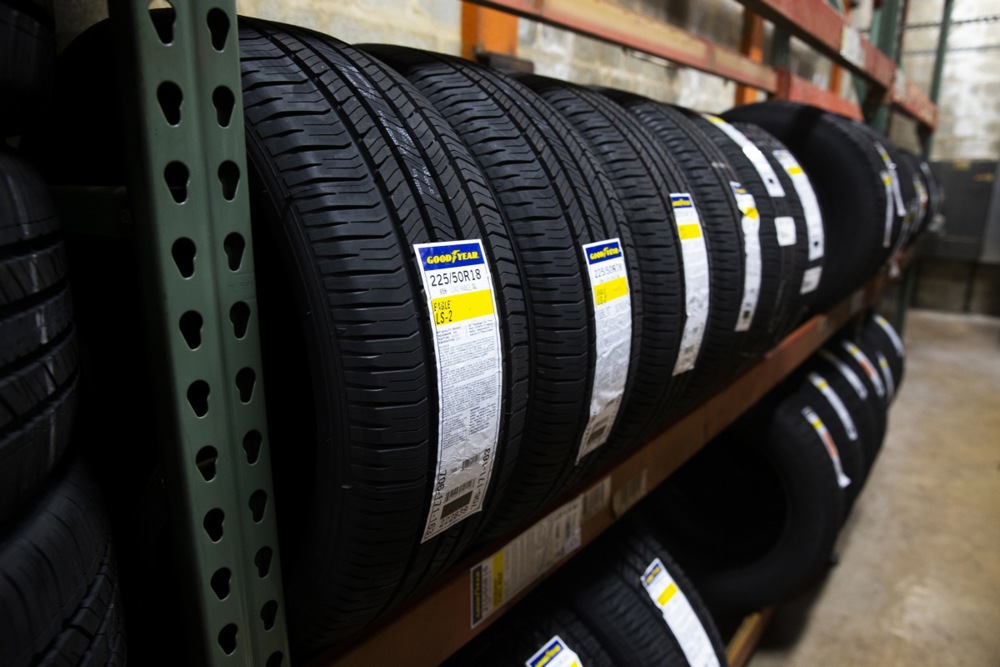Countries from around the world are meeting in Geneva to try to agree on a global treaty to reduce plastic pollution.
Some environmental groups said they have waited long enough and were ready to move ahead, without the US if needed.
“Political cowardice is not an option,” Belgian Renew MEP Yvan Verougstraete said in a statement sent to Brussels Signal on August 5.
“This treaty is the wall standing between us and ecological disaster. If it collapses under lobby pressure, we will all pay the price. We must choose: A future buried in plastic, or a future worth living.”
The summit started on August 5, hosted by the United Nations, is the sixth round of talks since 2022. The goal is to create a legally-binding global agreement that reduces plastic pollution across its entire life cycle, from production to disposal.
The urgency was accentuated by recent UN figures that showed the scale of the problem: Global plastic production now exceeded 400 million tonnes each year but only 12 per cent was incinerated and just 9 per cent recycled.
The rest often ended up polluting the environment, especially oceans, rivers, and food chains.
The European Commission, which is attending the talks, said it was seeking an “ambitious global agreement” that reduced plastic waste, banned harmful chemicals and phased out the most damaging products.
“If business as usual continues, plastic production will triple by 2060,” said Environment Commissioner Jessika Roswall. “We need to agree on global rules that benefit both people and the planet.”
Countries remain deeply divided over what kind of treaty the world needed, though.
A group of 95 nations, backed by major environmental groups including the World Wildlife Fund (WWF) and the Global Alliance for Incinerator Alternatives (GAIA), has demanded firm limits on how much new plastic is produced.
They also called for bans on certain chemicals and rules to make products easier to reuse or recycle.
Their position is that plastic pollution cannot be solved just by collecting more waste, it has to be prevented at the source.
“Binding rules are key,” said the WWF. “Without them, the treaty won’t deliver the change needed.”
Opposing them is a smaller group of oil-producing and plastic-manufacturing countries, led by Saudi Arabia.
They say the treaty should focus on improving waste systems and recycling, not on limiting production. At previous talks, this group has been accused of dragging out discussions and trying to divide countries pushing for tougher action.
The US has taken a similar line, Bloomberg reported on August 5.
A spokesperson for the US Government said the treaty should “respect national sovereignty” and not place “onerous restrictions on producers”.
The US has rejected production caps and was now taking part under US President Donald Trump’s administration, which has pulled back from several international agreements in the past.
“I do see that division persisting,” said Erin Simon, head of plastics at WWF. She said the change in US leadership, with Trump coming in for a second term, had only made it harder to find common ground.
His policies supported expanding fossil fuel production and oil was the main ingredient in most plastic, Simon pointed out.
For some campaigners, the solution was now to move forward without the US, although that also brought the risk that one of the main producers of plastic waste would remain excluded from discussions on the matter.
WWF and others said the treaty could be signed first by a smaller group of countries, with others free to join later. That kind of step-by-step deal has worked before in global climate and trade negotiations.
Meanwhile, officials have spent months refining the treaty’s wording to save time during this round. But hopes generally remain low. When the last talks collapsed in South Korea, many blamed the Saudi-led group for blocking progress.
In Busan in 2024, the last time countries met, talks broke down in part because the “like-minded” coalition was accused of stalling and trying to divide the high-ambition group.
The current talks in Geneva were scheduled to run until 14 August.





